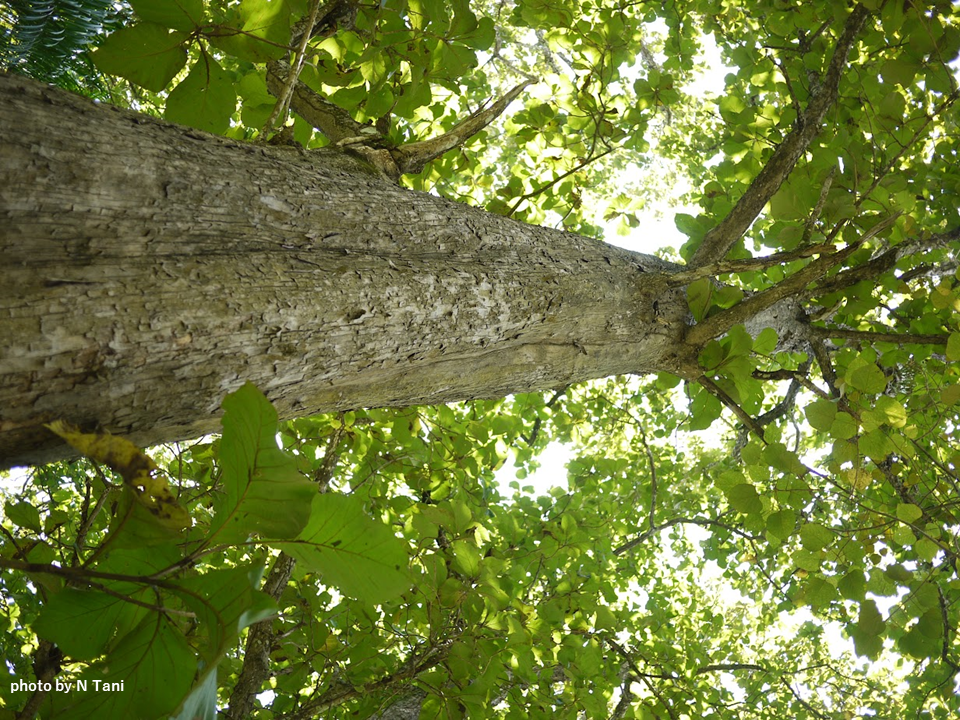Pick Up
900. Addressing the Challenges of Tropical Forests

900. Addressing the Challenges of Tropical Forests
The 900th Pick Up focuses on tropical forests, which is also the theme of the 2023 JICAS International Symposium, to be held tomorrow, November 17, 2023. Tropical forests not only provide biodiversity, ecosystem services, social and cultural identity and livelihoods, but also play a key role in climate change adaptation and mitigation through regional and global climate regulation.
According to the report of the Intergovernmental Panel on Climate Change (IPCC) Sixth Assessment Working Group II (WG2) - Climate Change 2022: Impacts, Adaptation and Vulnerability, 420 million hectares of forest loss will be observed between 1990 and 2020, 90% of which will occur in tropical forest areas. This rampant deforestation poses a serious threat to biodiversity, environmental services and the resilience of forest communities to climate shocks.
Climate change is having a significant impact on tropical forests by increasing tree mortality, slowing tree growth, and affecting the ability of forests to regenerate through higher temperatures and more frequent droughts and heat waves. Large-scale tropical deforestation undermines forest resilience and impacts climate at regional and global scales.
Sustainable forest management strategies, on the other hand, enhance the ability of tropical forest ecosystems to adapt to climate change, and the benefits of adaptation generally far outweigh the costs. Adaptation of tropical forests to climate change provides an opportunity for tropical countries to develop forest policies that incentivize carbon sequestration and biodiversity conservation. Reforestation using different combinations of natural tree species can increase the resilience of tropical forests to climate change, but is most effective when it is consistent with other forest management strategies and adaptation measures. In particular, community-based adaptation using local knowledge based on locally specific contexts is needed.
Building climate-resilient tropical forests requires addressing the root causes of deforestation and forest degradation in combination with adaptation measures. Most tropical deforestation is caused by the expansion of agriculture, either subsistence agriculture or commercial agroforestry (oil palm, timber plantations, soy, livestock).
Poverty, population growth and poor governance contribute to deforestation through subsistence agriculture, while problems with commercial agroforestry are due to international market trends for commodity crops and large-scale land grabbing.
Improving governance to address the direct and indirect causes of deforestation requires incentives and capacity building to improve environmental stewardship, regulatory review, recognition of land tenure and rights, and participation of diverse stakeholders in decision-making.
The JIRCAS International Symposium 2023, to be held tomorrow, November 17, in hybrid format, will focus on tropical forests in Asia and discuss innovations in tropical forest resource management and institutions that are practical and concrete to achieve coexistence between environmental conservation and sustainable industry. The registration deadline is today at 17:00. Consider joining this critical discourse to contribute to the conservation of our tropical forests.
JIRCAS International Symposium 2023 : Innovations to enhance the resilience of tropical forests and sustainability of the forest industry
Date & Time : November 17, 2023 (Friday) 13:30~17:30 (JST)
Venue : Hybrid (U Thant International Conference Hall, United Nations University and Onlin
Registration Deadline : November 16, 2023 (Thursday) 17:00 JST
Special site : https://www.jircas.go.jp/en/symposium/2023/e20231117_jircas
Registration Link : https://www.jircas.go.jp/en/symposium/2023/e20231117_jircas/entry
Contributor: JIRCAS International Symposium 2023 Organizing Committee
